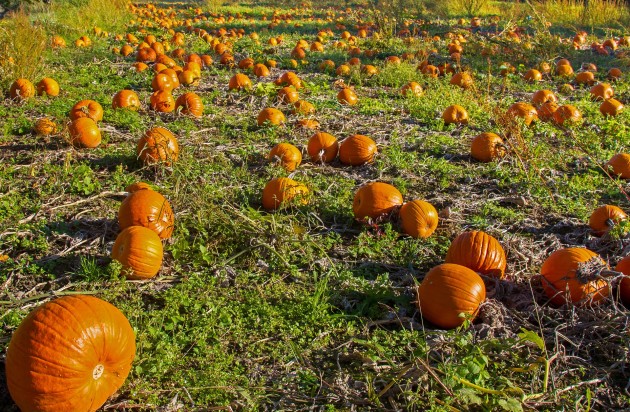
by Susan Weidman Schneider
My Jewish, Canadian Halloween
 Underneath the pirate costume, dug out of the attic, I’m in my brown snowsuit, hood, mittens and all. In the already dusky-dark late afternoon I walk with my grownup (my mother? my Zayde? my much-older brother?) through the snowy air and around the corner to a few nearby neighbors, Jews and non-Jews. I shout gleefully from each front path, “Hallow-een A-pples” at the top of my four-year-old lungs. (The chant’s irresistible combo of anapest and that assertive iamb is so compelling that I can still holler it pretty authentically even now.)
Underneath the pirate costume, dug out of the attic, I’m in my brown snowsuit, hood, mittens and all. In the already dusky-dark late afternoon I walk with my grownup (my mother? my Zayde? my much-older brother?) through the snowy air and around the corner to a few nearby neighbors, Jews and non-Jews. I shout gleefully from each front path, “Hallow-een A-pples” at the top of my four-year-old lungs. (The chant’s irresistible combo of anapest and that assertive iamb is so compelling that I can still holler it pretty authentically even now.)
By October, evening sets in very early in Winnipeg, and what stays with me is the season’s imprint. Instead of looming ghosts and goblins, Halloween and its early dark—and the possibility of snow—plus the adventure of being out in the crisp air, felt very gentle. Growing up, not a single household I knew celebrated what’s now called “Canadian Thanksgiving” (usually the same weekend as Columbus Day in the U.S.), so Halloween is my cool-weather holiday of record.
No marauding egg-throwers or aerosol-can-wielding bad guys at all. I can’t summon up a single scary Halloween memory. The trickster aspect was completely missing from those chilly strolls. Neighbors, predictably, gave out apples, and the occasional Neilson’s single-bite mini chocolate bar. And, once, delicious home-made popcorn balls. (I know, I know; this would be inconceivable today, in our justifiably suspicious time when every single sweet or treat must be presented in its sealed wrapper.) All very benign.
The phrase “trick or treat,” with its underlying threat of harm, was unknown to us; it seeped into my consciousness when TV came into my life around age 10, and it sounded alluringly American. It wasn’t uttered on the streets of Winnipeg.
The views and opinions expressed in this article are the author’s own and do not necessarily reflect those of Lilith Magazine.